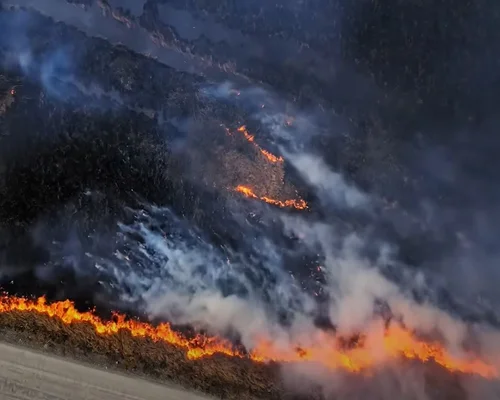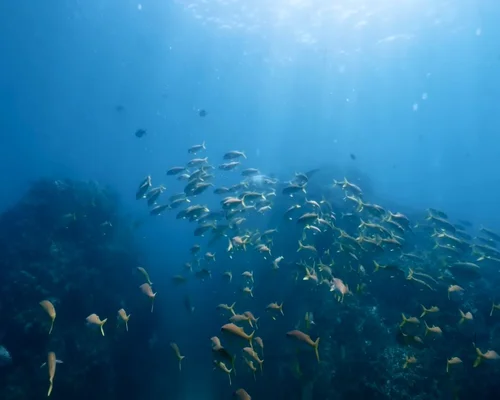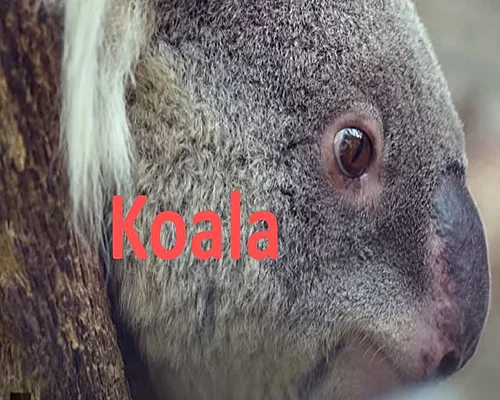
Fact About The Pond
Information about the pond
Ponds: An Introduction
A pond is a shallow body of water, usually containing still water. It can be natural or artificially produced and is used for various purposes, such as fish farming, irrigation, domestic work, or for ornamental purposes.
Pond Features:
Size: Ponds are usually smaller in size and less extensive than larger bodies of water, such as lakes or rivers.
Water flow: The water in the pond is usually still. However, water supply may be from rainwater, groundwater or nearby rivers or canals.
Depth: The depth of the pond is usually 1-6 meters. The depth varies according to the purpose of the pond.
Biodiversity: Ponds are home to fish, snails, frogs, aquatic plants, and microorganisms.
Different species of birds also come here to drink water or hunt.
Pond Type:
- Natural Ponds: Formed by rainwater or natural geological processes. Naturally creates a habitat for wildlife.
- Artificial Ponds: Excavated by man, mainly for fish farming, irrigation or recreational purposes. Also used for beautifying village houses or city parks.
- Fish Farming Ponds: Specially used for fish production. Hilsa, Rui, Katla, Tilapia etc. fish farming is popular in Bangladesh.
- Irrigation Ponds: Used to supply water to agriculture.
Advantages of ponds:
Fisheries: Food supply and economic development are possible by farming fish in ponds. It is one of the main occupations and sources of income in Bangladesh.
Irrigation System: During the dry season the pond water is used to irrigate the cropland.
Conservation of Biodiversity: The pond enriches the surrounding biodiversity. It is a natural habitat for various aquatic animals and plants.
Tourism and Recreation: Many parks and gardens have ponds for added beauty. Hobby ponds are used for boating or fishing.
Water Conservation: Ponds capture rainwater, which is stored for use during the dry season.
Pond Challenge:
- Pollution: Pond water can become polluted due to household waste, use of chemical fertilizers and pesticides. Polluted water is harmful to fish and other aquatic life.
- Unplanned Management: Without proper maintenance, ponds become unsuitable for aquatic flora and fauna.
- Aquatic Weeds: Excessive weed growth (eg algae) in ponds can be detrimental to fish farming and water quality.
- Water scarcity: Many ponds dry up during the dry season, disrupting irrigation and domestic activities.
Interesting facts about ponds:
Bangladesh has about 2.5 million hectares of ponds and water bodies.
Pond-based fish farming contributes about 50% of the total fish production of Bangladesh.
Productivity can be increased by 2-3 times by proper management of the pond.
A pond garden is a popular concept, where the environment is kept beautiful and healthy by planting plants on the banks of the pond.

-how-can-I-go.webp)





















